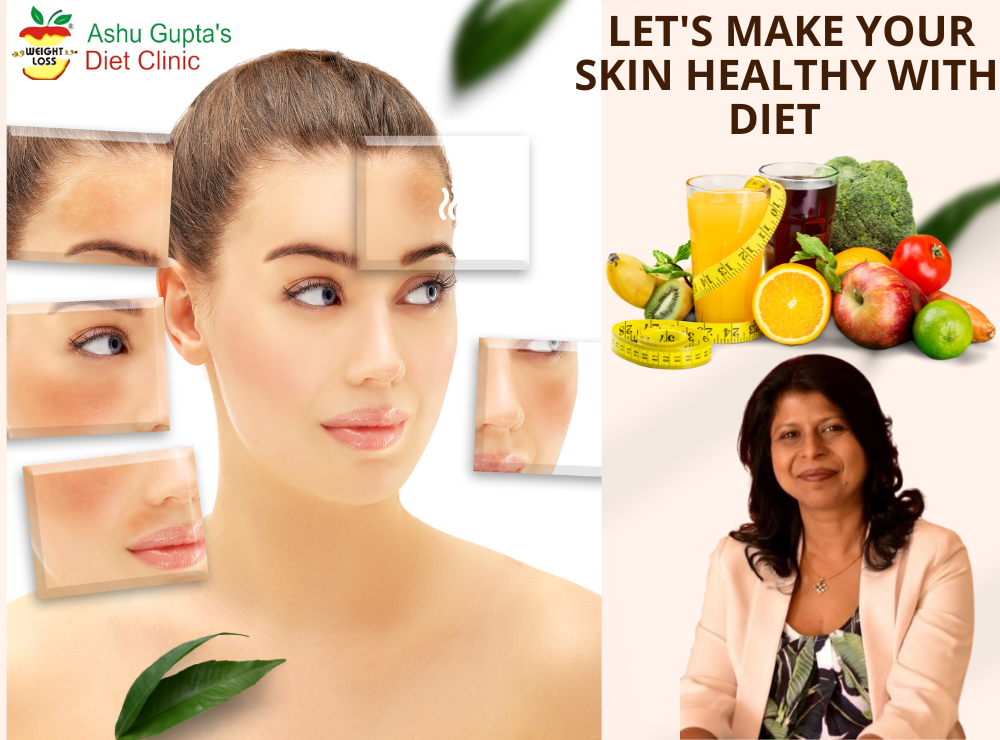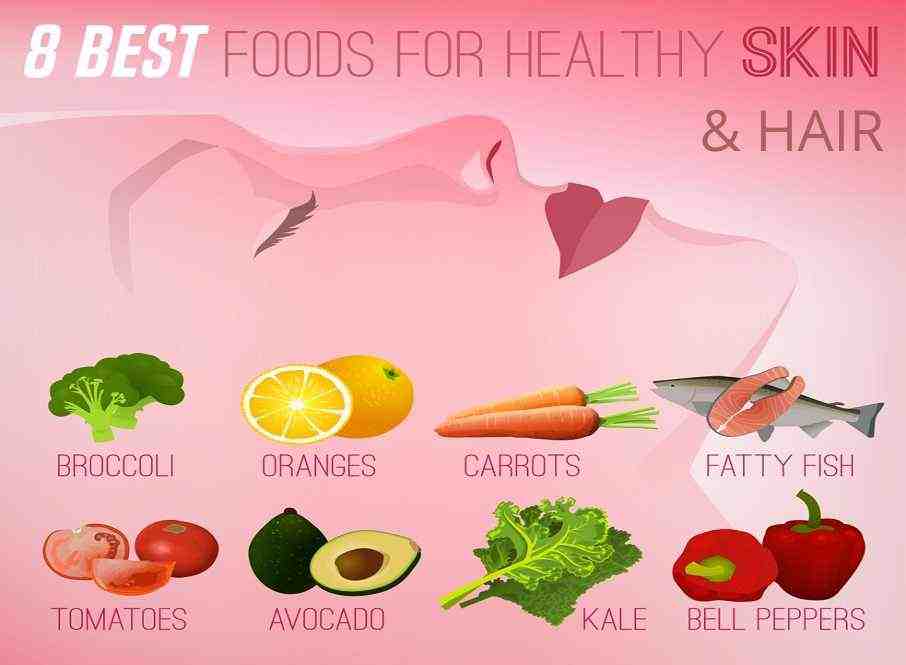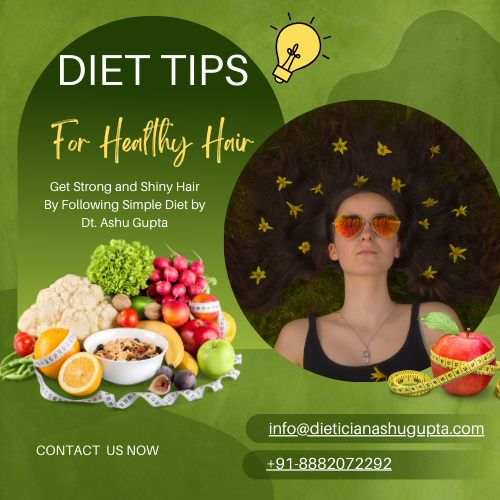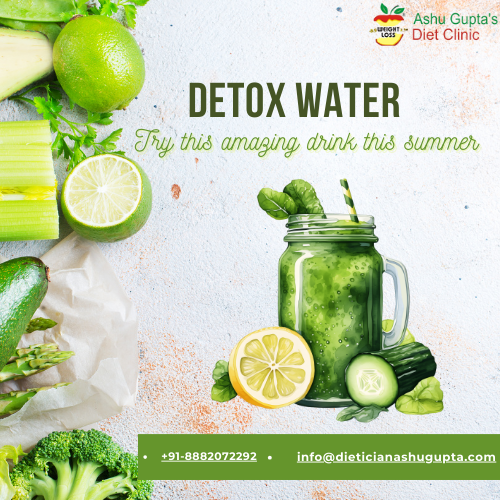Diet for pigmentation on face – What to do or not to do?
Self-lover should always know about skin-care. As we all know our skin shows what we are having in diet. Do your eating habits impact how you look? Nutrition and skin renewal are mutually beneficial. A diet for facial pigmentation is one of many types of diets that can impact the condition of your skin.
Your skin depends on your dietary habit. Does this also apply to your skin? Can a person's diet affect their skin and melasma, sunspots, or acne scars? Many persons who have hyperpigmentation issues ponder these questions.
As dietician, we think it's important to comprehend the scientific justifications behind many common skin care advice. In this concise guide, we examine the relationship between nutrition and skin health via a scientific lens. Before going ahead we should know what is melanin or hyperpigmentation.
.
What is melanin?
Your skin, hair, and eyes are coloured by a pigment called melanin, which is a type of cell. Melanocytes, which remain in the outer layer of the skin, produce melanin. Even while everyone has approximately the same number of melanocytes, there may be variations in how melanin is formed. Basically our skin color and some disease are depends on melanin.
What is Pigmentation?
The word "hyperpigmentation" is used to describe a skin disorder in which melanin production increases and causes areas of skin to become darker than their surrounding area. Melanin gives color to your skin. As we read above. Usually harmless, this skin disorder can manifest for a variety of reasons.
The Best Diet For Fighting Hyperpigmentation, Dark spot
Acne and hyperpigmentation disorders including melasma, sunspots, and post-inflammatory hyperpigmentation are examples of skin issues. Diet can help with managing these issues. Cellular stress is one factor that sets off the majority of these circumstances apart from this sun burn, age, hormonal changes are also cause these skin related issue in human being. Bad skin is one of the outcomes of your skin cells becoming stressed from exposure, hormonal imbalance, and infection. A skin-healthy diet can lessen the effects of these elements.
Dt. Ashu Gupta is one of the top skin and hair specialist in Gurgaon and Chandiagrh offers best consultation for skin and hair.
For Consultation or To Book an Appointment or Call on 0124-4266700 or +91-8882072292.
Is Diet Alone Enough For Clear, Healthy Skin?
Diet is a great way to maintain general skin health. Applying topical medication can be necessary, though, if you require outcomes that are more focused. Why is that so? That's where specially formulated prescription drugs come in.
Which foods to add in diet for pigmentation?
- Pomegranate helps to reduce pigmentation:
A superfood for treating skin discoloration is pomegranates. It contains a lot of polyphenols, which guard against sun-induced skin ageing. In addition to this, it contains certain anti-oxidant qualities that ease tension.
- Add Papaya in diet to reduces pigmentation:
The synthesis of melanin in the skin may progressively decrease if you include papaya in your diet. The enzyme papain, which is a great exfoliator, is present in it.
- Green veggies resolves pigmentation:
Skin pigmentation advantages from green vegetables including spinach, broccoli, zucchini, and kale. It contains carotenoids that lessen oxidative stress and shield skin from UV radiation damage.
- Carrot helps in the reduction of pigmentation:
Does carrot also brighten skin? Yes! The minerals and antioxidants found in raw or juiced carrots help fight free radicals and lighten skin tone.
- Avocados – antioxidant, fight free radical damage
Avocados are rich in good fats and aid in the body's absorption of fat-soluble vitamins including Vitamin A, which promotes cellular growth.
- Fatty Fish – Omega-3, anti-inflammatory
Omega-3 fatty acids, which are abundant in fatty fish like salmon, aid to lower inflammation in the body.
Beta carotene is a pigment found in vegetables with a bright orange colour. An effective antioxidant, vitamin A scavenges free radicals and shields the skin from UV radiation damage.
- Citrus Fruits – antioxidant, contain Vitamin C
Vitamin C is abundant in citrus fruits including oranges, lemons, and limes. Vitamin C aids in skin renewal and healing by encouraging the body to produce collagen.
- Dark Green Veggies ( broccoli ) – contain Vitamin C + carotenoids
Antioxidants like vitamin C are abundant in dark green veggies. Carotenoids, which are precursors of vitamin A, are also present in them. Additionally, carotenoids block UV rays and lessen skin oxidative stress.
Healthy Omega-3 fats and a wealth of minerals found in nuts and seeds assist skin healing and repair.
Which Foods to avoid pigmentation?
If you're wondering whether eating a lot of sweets or spicy food is good for your skin, the answer is no. Spicy food is undoubtedly bad for skin because it may do everything from increase body temperature to cause acne. It's advised to consume sweet and spicy foods in moderation.
Conclusion – What to do to remove pigmentation
Conditions that cause skin pigmentation may take a long time to disappear. Over time, the colour will fade if you maintain a nutritious diet that is good for your skin. If you are not following a healthy diet, you can concentrate on the foods that should be avoided and get ideas for what foods to eat from the article.
These are foods that are easily accessible and that one can have every day. Although it can take time, the process is worthwhile. In addition to eating well, you can attempt kaolin clay for external skin improvement or obtain a laser procedure.
You can read our more blogs on special diets – Here







